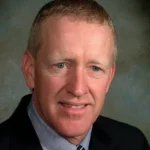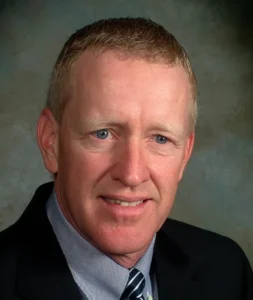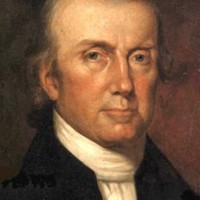While on layover recently in Nashville and watching President Obama’s speech to IBEW Local 26 in Lanham, MD, the alarm system suddenly went off in the airport. The confluence of Obama’s speech and the alarm system was striking to me, for both indicate the problems attending service delivery in mass centralized forms.
In the case of the airport, having one security gate means that any breach of security necessarily involves a shutting down of the airport, resulting in a grounding of all flights; and if the airport in question is a larger hub, negatively affecting air traffic patterns throughout the country. Indeed, every time I fly I am struck anew at how fundamentally irrational airport security is (although, like most travelers, I am scared to say anything about it). It seems highly unlikely that passing carry-on baggage through a central X-ray machine makes anything more secure. Its central effects are to slow down significantly the process of getting on a plane and to raise passenger’s aggravation levels, even if it might provide passengers with a feeling of security. Indeed, my guess is that the airline industry is in cahoots with the TSA, for unless there is some sort of mechanism in place to provide psychological security for potential passengers the number of persons flying would drop significantly. I am confident I could make airports more efficient and more secure instantly by completely junking the system that is in place.
Likewise, for all his talk about “change” and “moving beyond the broken politics [or ideas] of the past,” President Obama’s energy policy is more of the same. His February 16th speech was filled with all sorts of talk about “the future” (the word appears seven times in the first minute of the speech) and the possibilities of “progress.” The solution? More nuclear power. Now, it may in fact be the case that when calculating the total costs and benefits nuclear power may be preferable to fossil-fuel plants. The problem with the speech is that Obama is unable to visualize an energy policy that operates in any terms other than plant-generated power through massive energy grids. It is precisely this system that needs to be rethought. Centralizing large-scale energy production and delivery is both woefully inefficient (the amount of energy lost transmitting over a longer powerline can be up to 30% of the energy produced) and presents significant security problems. In my judgment, any well thought through energy policy must take account of the adjacent environmental issues (even if, like me, you are hopelessly skeptical of climate change “science”), creating systems whereby production and consumption happen in the same place with limited transmission requirements (ideally, each household having its own power source), and should focus on renewable sources that produce little waste. There is no reason to assume such a solution isn’t practicable; the major barrier is the population density of large-scale urban areas. President Obama would be better served by looking at how energy delivery was done in the past than focusing on the future.
As an aside, the President also notes how the particular energy investment strategy he proposes in the speech (a construction of a new nuclear power plant) will create new jobs. In this case, an $8 billion investment would result in 800 new permanent (well-paying!) jobs. Let’s see: that’s $10 million for each new job created. If this is the government’s jobs program, it will cost $1.4 quadrillion to eliminate unemployment. That’s a lot, even for the federal government.





3 comments
Nathan P. Origer
Restore local power and restore local power!
polistra
Back in the ’30s most small cities had their own power plant, just as they still have their own water plant. In many cities the utilities supported the gov’t entirely, making local taxes unnecessary.
Small and medium nuke plants are commercially available but not yet licensed for use in the technically backward USA.
http://www.hyperionpowergeneration.com/why.html
Hyperion is making local reactors that power about 20k households, at a cost of about $25 million per unit. Each unit is completely self-contained, returned to the factory after 5 years for refill.
With a “pack” of Hyperions, a city could return to the old pattern and free itself from the vulnerabilities of the grid.
Grand-scale plants are not economically necessary; they are just a product of grand-scale corporations colluding with government regulators.
D.W. Sabin
I’m all for Nuclear Power as long as the spent fuel is shipped to the District of Columbia. Then those nitwits yammering away really will have that “nuclear option” they like to bandy about.
The President’s idea of “change” is that established by this Great Epoch of Packaging. It is simply a process of re-labeling for the consumers…..
They hope that somehow, when the smoke clears, we will be able to climb back on board this crazed exporting of labor and debt and go back to shopping .
Washington D.C. is officially a Fiction . Too bad it costs real money to run.
Comments are closed.